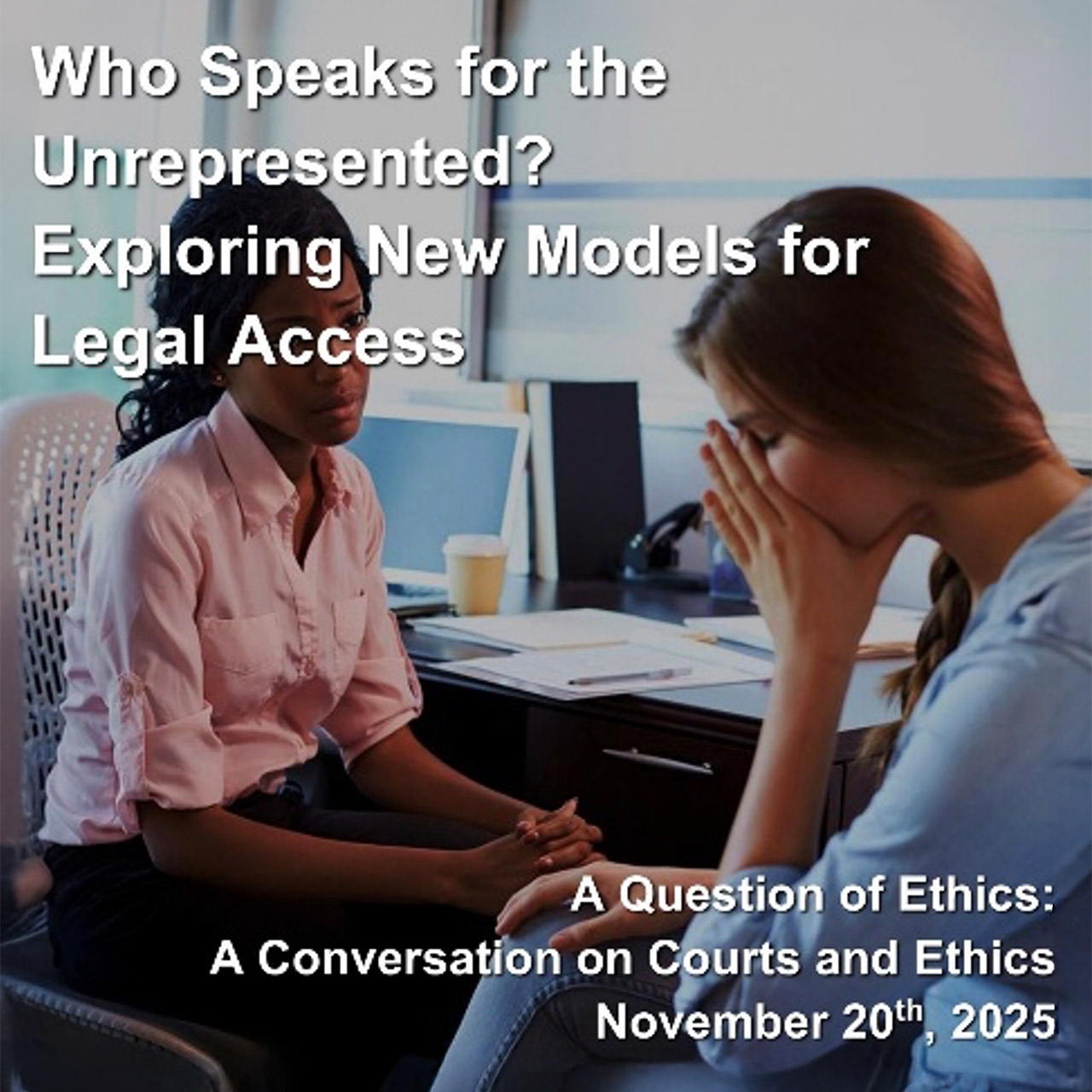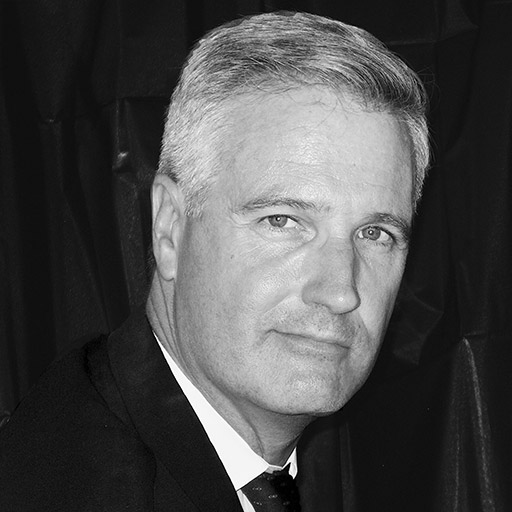
Across America, many communities are in what scholars call “legal deserts,” areas with few, if any, available attorneys to meet the legal needs of local citizens. Rural towns and poor urban neighborhoods often lack affordable access to lawyers, leaving residents without practical guidance for solving their legal problems. This shortage frustrates individuals seeking justice and undermines confidence in the justice system itself. It widens the gap between those who can afford representation and those who cannot.
To help bridge this gap, a few states (for example, Utah, Alaska, and now Oregon) are experimenting with using non-attorney legal advocates. These are trained professionals, often known as Community Justice Workers, who work under the guidance of a practicing attorney. Others, in Arizona, for example, are called Certified Community Legal Advocates. They are untethered from a practicing lawyer.
These non-attorney advocates can assist people in certain specific legal areas, including:
- family law
- landlord-tenant disputes
- employment issues
- government benefits
- domestic violence
- debt collection
These advocates work within the limitations prohibiting non-lawyers from offering what is defined as “legal advice,” a boundary carefully guarded by the laws governing the unauthorized practice of law. This prohibition is also codified in NACM’s Model Code of Conduct for Court Professionals. Canon 1.7 states, “A court professional is responsive to inquiries regarding standard court procedures but does not give legal advice unless required as part of one’s official position.” While these restrictions safeguard the public from unqualified guidance, they also constrain non-lawyers from fully helping individuals through complex legal processes. These restrictions raise difficult questions about the balance between consumer protection and access to justice.
In this episode, we are talking about communities that are “legal deserts,” where residents lack access to affordable legal help. Some states are experimenting with non-attorney legal advocates to bridge this gap. Is this a model for the future?
Panel
Maggie Humm, Executive Director of the Alaska Legal Services Corporation in Anchorage. She has provided service to ALSC for over 22 years, including serving in the roles of staff attorney, supervising attorney, and deputy director. During her time at ALSC, Maggie has been an advocate for victims of violence and sexual assault and underserved families and youth, as well as a collaborative leader who has worked alongside Alaska’s indigenous tribes and nonprofit organizations in major cases and negotiations to increase access to justice across the state.
Sarah Carver, Co-director of the Alaska Legal Services Corporation’s Community Justice Workers Resource Center. She started her legal career with ALSC as the sole staff attorney in the rural Nome, Alaska, office. Since 2018, she has worked on building up the Community Justice Worker program, developing curriculum and training volunteers in 41 communities throughout Alaska. She graduated from the Alexander Blewett III School of Law in 2010.
Creadell Webb, Chief Diversity, Equity, and Inclusion (DEI) Officer for the First Judicial District of Pennsylvania (FJD). He is a highly experienced and accomplished professional with a proven track record of success in creating inclusive work environments. Creadell held a variety of positions at the FJD, including judicial law clerk, manager, and deputy chief. In those roles, he demonstrated his ability to lead and motivate teams, draft legal documents, and manage complex projects. He is also a skilled trainer and educator who has conducted numerous Continuing Legal Education (CLE) and educational training programs on DEI. Creadell earned a Bachelor of Business Administration degree from Howard University and a J.D. from The Catholic University of America, Columbus School of Law. He is licensed to practice law in Maryland, New Jersey, and Pennsylvania. Creadell is a Society for Human Resource Management (SHRM) certified professional and holds a “Diversity and Inclusion” certificate from Cornell University’s online program. He is passionate about creating a more just and equitable society. He is a strong advocate for equity in the court system, the legal world, and society.
Liz Rambo, Trial Court Administrator for Lane County Circuit Court. As the TCA for one of Oregon’s largest courts, Liz is responsible for all non-judicial court functions including budget, human resources, technology, facilities, and business efficiency. A 31-year court employee, Liz has a history of advocacy for the mission of the Oregon Judicial Department and the service that the Oregon Judicial Branch provides to the public. Liz has served on a variety of judicial branch leadership committees including as Chair of the Chief Justice Communications Committee, member of the Chief Justice Strategic Planning Committee, Law and Policy Workgroup, Internal Audit Committee, and the Oregon eCourt Steering Committee. For the last several years, Liz has worked closely with Lane County leadership toward building a new Lane County Courthouse and will continue to bring her years of experience to that ongoing project through design and construction. Liz graduated with high scholarship from Oregon State University with a M.B.A. in history and has an M.B.A. from Portland State University. She is a long-time member of the National Association of Court Management and holds a Court Manager certification from the National Center for State Courts. Liz is the 2023 recipient of the Warren E. Burger award for excellence in Judicial Administration.
Watch or Listen to the Episode
You can also watch or listen to the episode at nacmnet.org.
Become Part of the Conversation
Leave a question or comment at ethics@nacmnet.org.
Join the Question of Ethics Conversation, held after the subcommittee meetings every fourth Thursday of the month at 2 p.m. ET.


